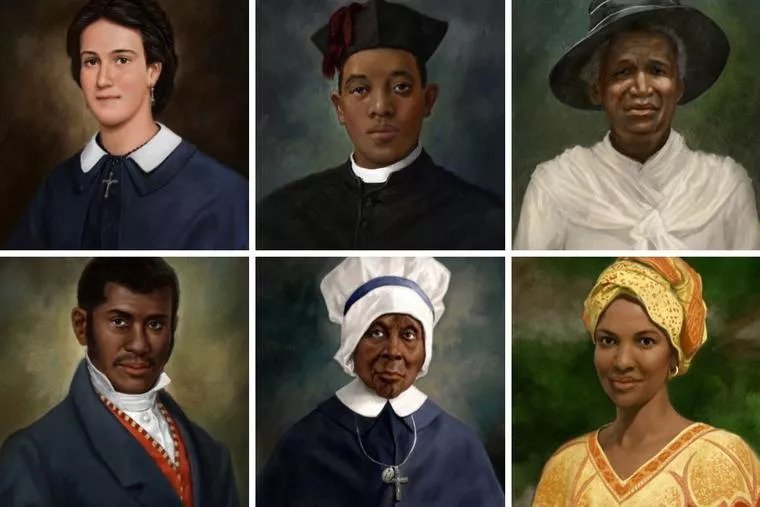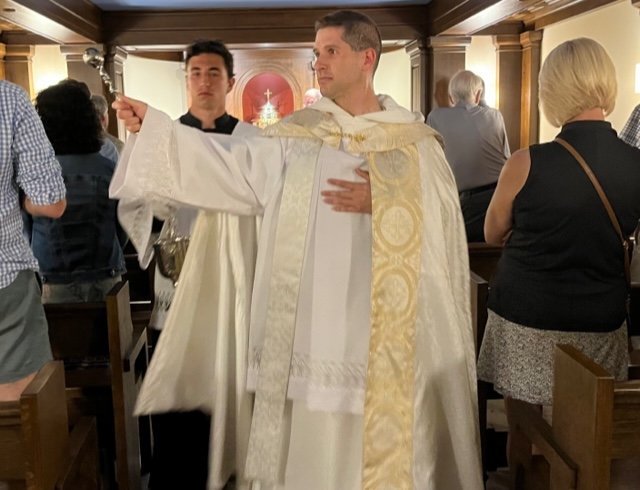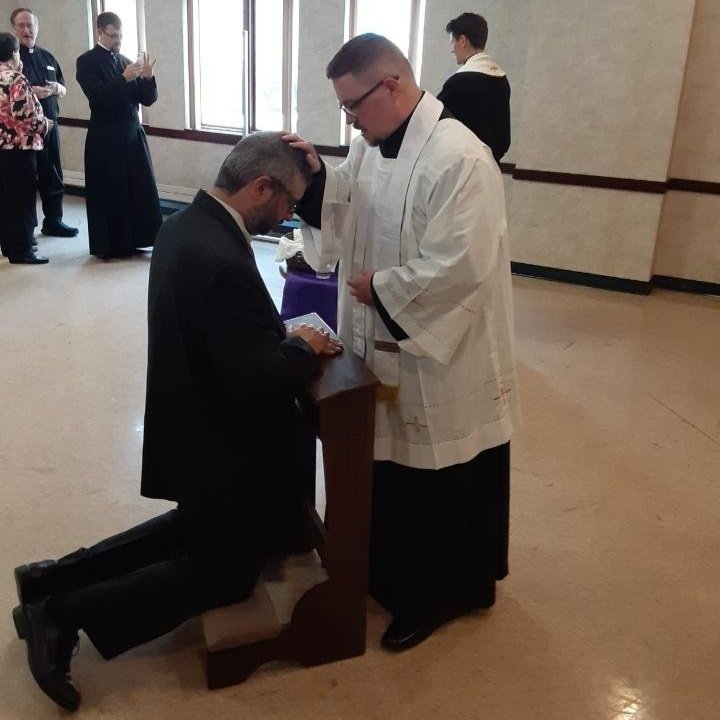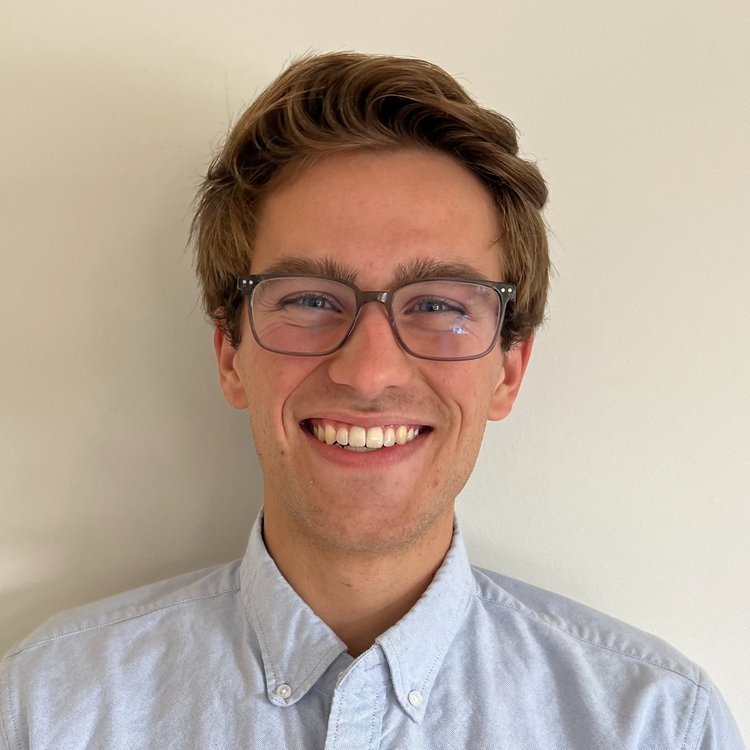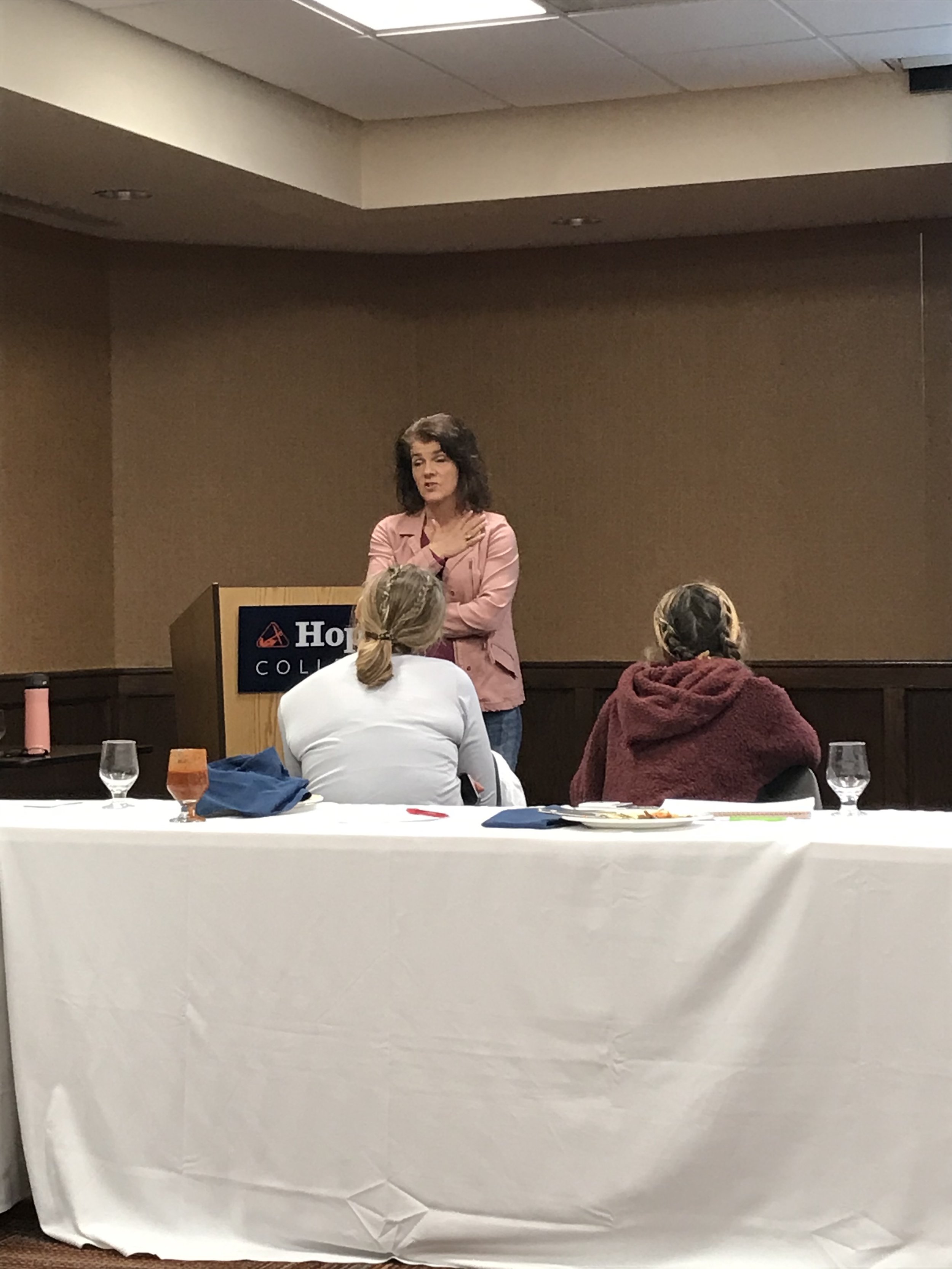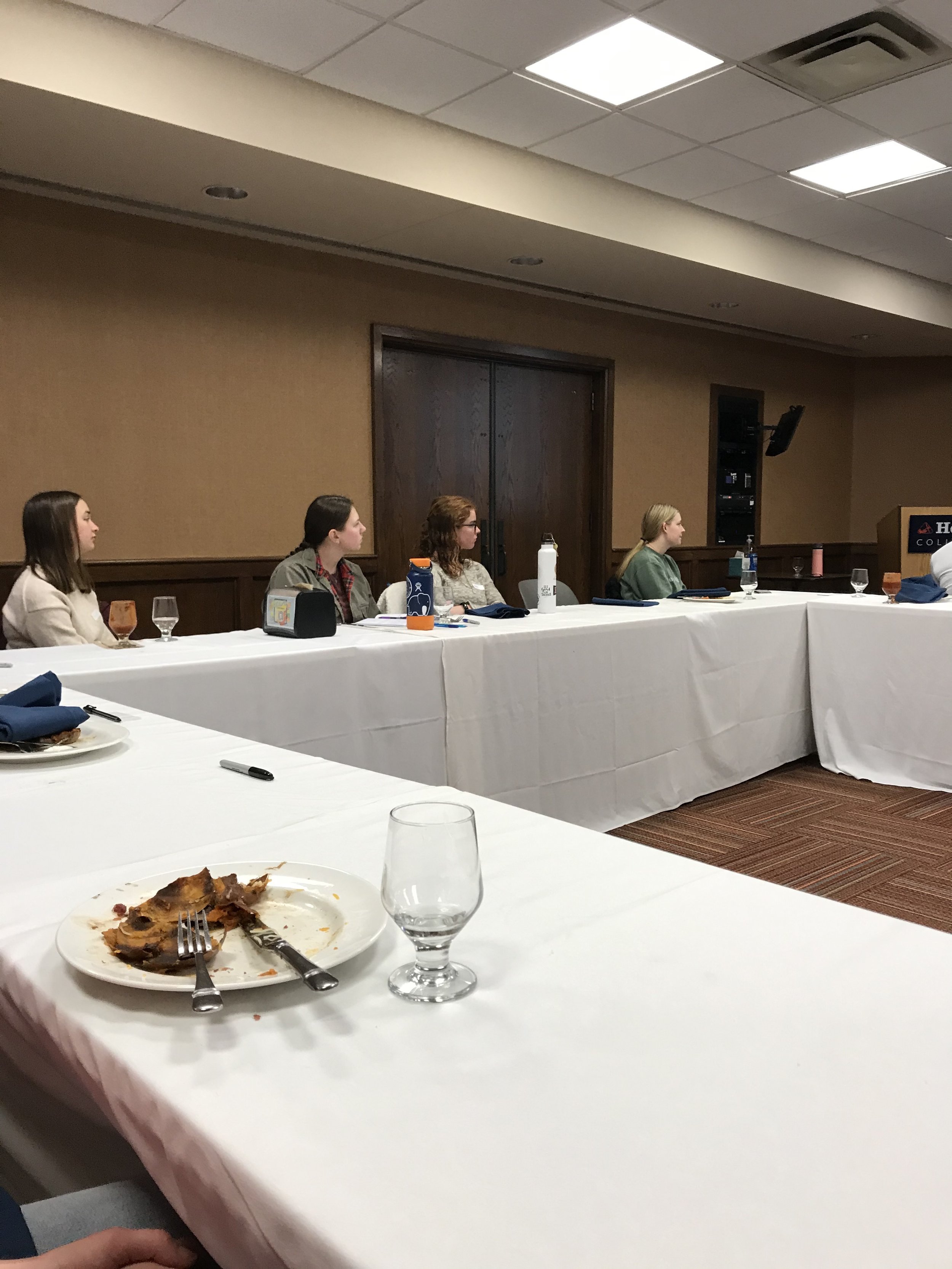Monday, October 16, 7:00 p.m.
Haworth Hotel at Hope College
African American Catholics have a rich and complicated history. At present, there are three million African American Catholics in the United States. Six African American Catholics have active formal causes for sainthood before the Vatican. Some of these figures escaped slavery and others died as recently as 1990. Any one (or more) of them could become the first canonized African American saint. Come hear Bishop Joseph N. Perry discuss the path to sainthood for some of these important figures.
Most Reverend Joseph N. Perry, a recently retired Auxiliary Bishop of Chicago, is a professor of canon law at Mundelein Seminary, chair of African American Affairs for the U.S. Conference of Catholic Bishops, the postulator for the cause of sainthood for Venerable Father Augustus Tolton (1854-1897), and a past vice-president of the board of the National Black Catholic Congress.
This event is co-sponsored by the Hope College Religion Department, the History Department, the Center for Ministry Studies, Campus Ministries, the Center for Diversity and Inclusion, and Hope Catholics.

